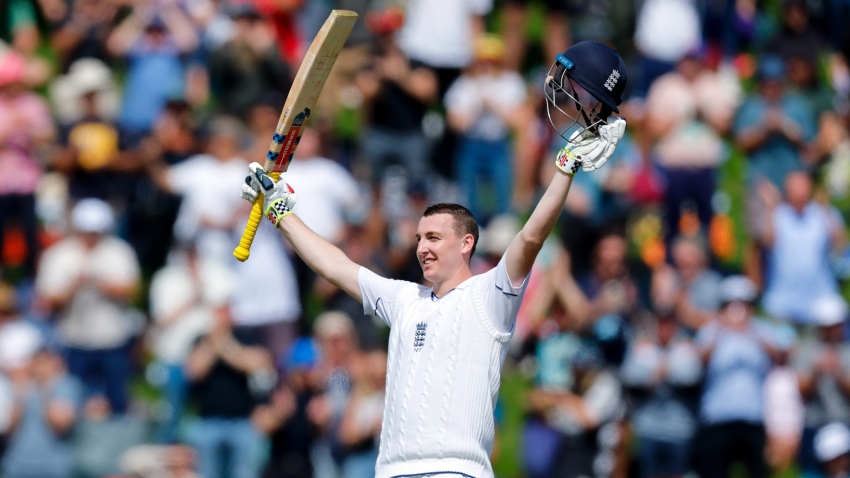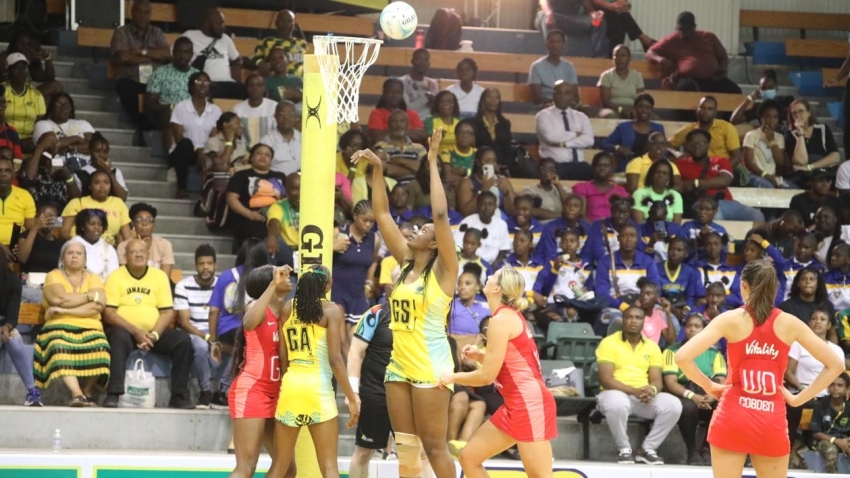
Kielan Woods will be sidelined for 33 days after being given a hefty suspension totalling 42 days for contravening the whip rules five times in a six-month period.
Woods was one of four jockeys to appear before the British Horseracing Authority’s disciplinary panel on Thursday under the totting-up procedure, with his 42-day ban – of which nine days are suspended for six months – the heaviest penalty incurred.
Jonjo O’Neill junior was given a 21-day ban, with seven days suspended, for his third offence in six months.
Paula Muir was given 35 days, with nine suspended, for her third contravention of the rules, while Marco Ghiani was banned for 25 days, with eight suspended for the same number of misuse charges.
The BHA implemented new whip rules in February over jumps and at the start of the current Flat turf season, cutting the number of strikes allowed to a maximum of seven and six times respectively whilst toughening up the penalty structure.
Initial proposals also included limiting use of the whip to the backhand position only, but after strong opposition from riders, that decision was reversed.
The BHA and the Professional Jockeys Association plan to evaluate the impact of the revised rules in due course, but racing’s regulators feel riders have generally adjusted well to the guidelines.
A spokesperson said: “The BHA is constantly monitoring the data around breaches of the new whip rules and engaging in regular constructive dialogue with the PJA and senior jockeys under both codes. This ongoing dialogue has led to a number of adjustments which have already been introduced to the rules and penalty structure.
“The BHA and PJA have also agreed that, at around the six-month stage following implementation, we would review what has worked well, what is still creating challenges and what further adjustments could be made to the framework.
“Jockeys on the whole have shown that they are able to adapt to the new thresholds and deserve great credit for this. This is best exemplified by the very small number of offences incurred throughout the sport’s main festival events, when jockeys are riding under the most intense of competition.
“While some riders will inevitably take more time to adapt to the new rules, the penalties for multiple referrals are designed to act as a significant deterrent towards jockeys committing multiple offences. They are also an incentive for riders to change their style.
“The core objectives of the new rules include bringing about an overall improvement in riding standards and ensuring races are run fairly and within the rules.”



























